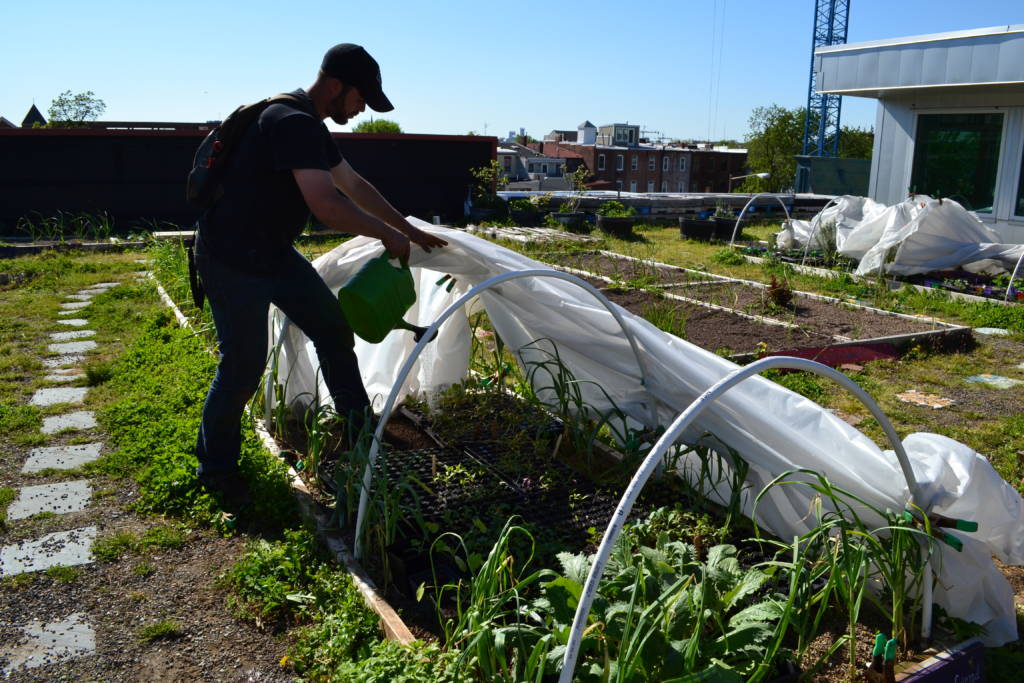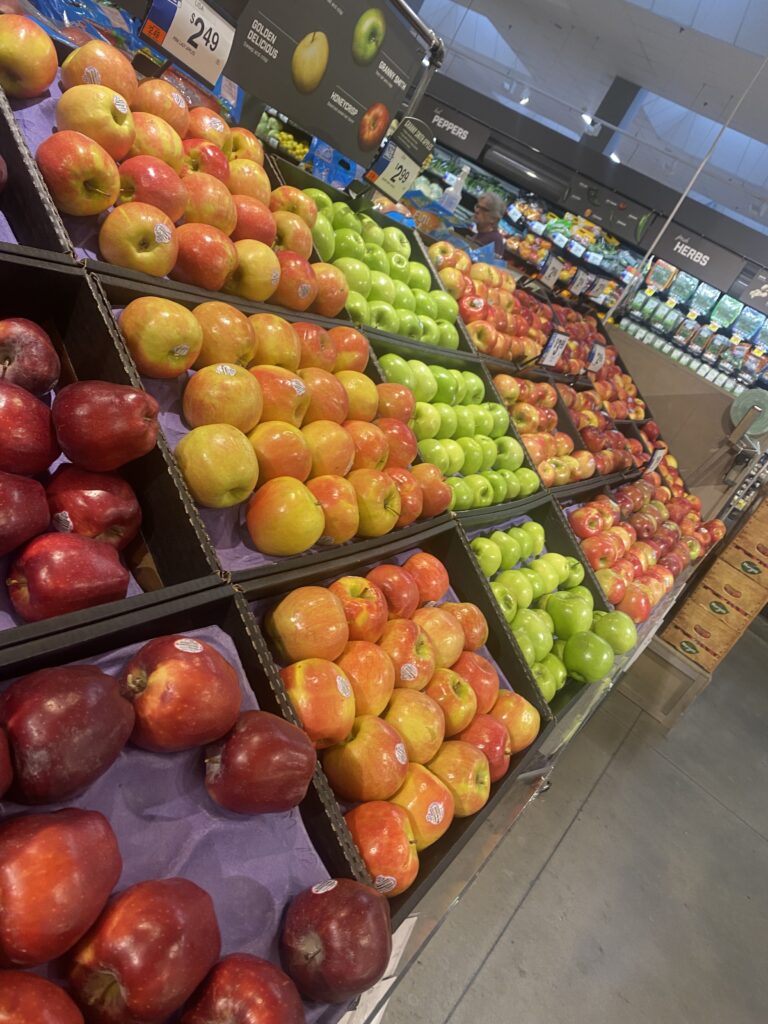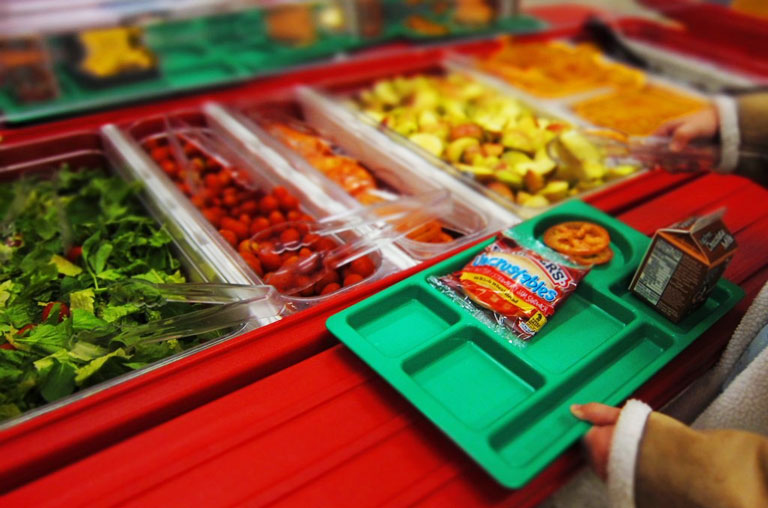On a rooftop up above Seventh Street NW in the city’s Shaw neighborhood, young eggplants, peppers and squash are sprouting from wooden boxes. Herb seedlings planted in multi-colored containers reach for the sun.
Spring has come to Bread for the City’s community garden, a place dedicated to growing and learning about healthy food.
“We kind of have a little bit of everything so that we can educate people,” said the nonprofit’s urban agriculture coordinator Jeffrey Wankel. “We also want to teach people how to grow smart and grow what works well for their space.”
The garden was built two years ago as part of an expansion of Bread for the City’s Northwest facility, a project that increased space for the nutritional, social, medical and legal services the organization provides to low-income residents in Northwest Washington. And since its first planting, the rooftop garden has expanded, too, thanks to an increase in community involvement, according to Wankel.
“An exciting change is more direct control from the community,” he said. “We went to them for what we should grow, so a lot of it comes from planning meetings and surveys, and tracking what produce is really popular in the pantry.”
A majority of the plants grown in the garden are vegetables according to Wankel, including peppers, eggplants and tomatoes. The community garden also yields a variety of fresh herbs: everything from rosemary and lemon balm to chocolate mint.
“We try to use herbs as much as possible because they’re packed with nutrition,” he said. “They have more nutrition per part than vegetables do and fresh herbs can spice up a lot of different meals.”
According to Wankel, about 50 percent of what is grown in the garden is sent downstairs to the food pantry. The other 50 percent either goes home with client gardeners or is used in weekly cooking classes, which are lead by Wankel.
“I try to build basic principle recipes, like teach people how to make tomato sauce in different ways,” he said. “We’re growing food so we need to teach people how to cook it.”
Wankel says his cooking classes are geared toward simple economic needs, with each recipe having no more than five ingredients. Wankel also tries to cook dishes that are not only delicious, but healthful as well.
“I work closely with the staff nutritionist; that’s been huge for understanding healthy recipes,” he said. “I’m just teaching people how to make eggplant that your kids will eat.”
In addition to weekly cooking classes, Wankel also distributes food samples outside of the food pantry twice a month.
“First there’s a little nervousness, but we’ve found that its due to lack of exposure,” he said. “We’ve seen the process happen that food pantry clients try something at the food pantry for the first time and then they come back to the rooftop garden and want to grow it.”
Wankel also serves samples of more common dishes, with a healthy twist.
“We’ll do a healthy potato salad without mayonnaise that’s vinegar based,” he said. “Its really basic. If you want people to eat healthy, just show them how.”
Growing fresh produce close to home is not only sustainable, but also helps clients consume the greatest amount of nutrients, according to Wankel.
“All the nutrients in a plant come from the soil so the second you pick something, it starts losing nutrition,” he explained. “If you’re eating a tomato from Canada or Venezuela, you’re getting 10 percent of what a tomato should give you.”
The community garden mirrors Bread for the City’s new nutrition initiative, which began seven years ago with the elimination of high sodium products in the food pantry.
The nonprofit also operates a center on Good Hope Road in Southeast, D.C which also boasts a thriving garden, actually established a year before the garden in Shaw.
“We had a volunteer run a little container garden,” he said. “We’ve seen it go from a container garden three years ago to a completely enclosed green wall space.”
To Wankel, the gardens are a living tribute to Bread for the City’s mission.
“We try to take a holistic approach to poverty and what’s going on in DC,” he said. “Everyone deserves access to fresh produce.”








